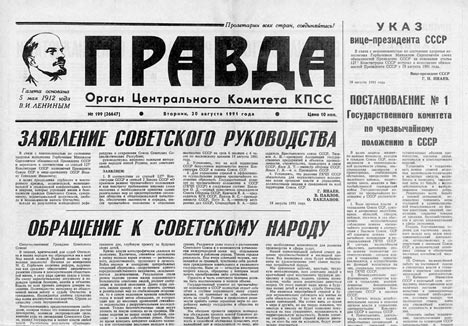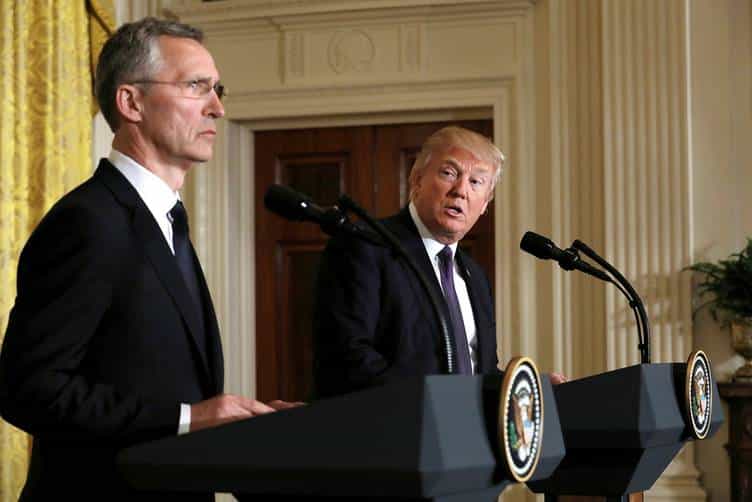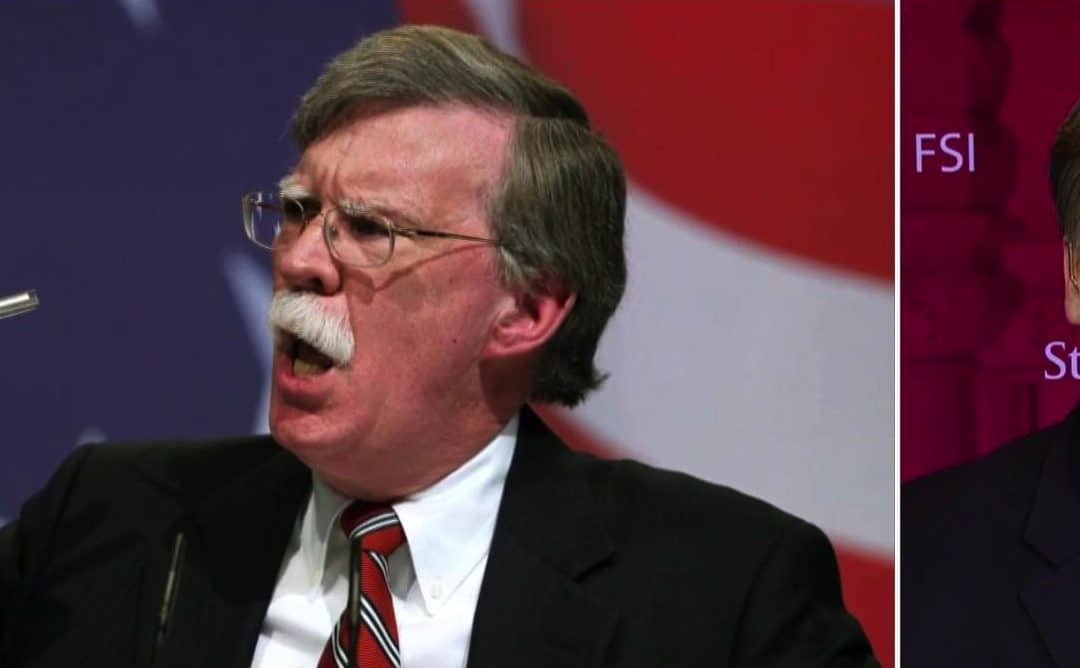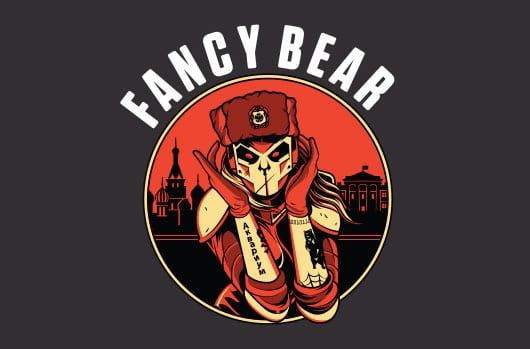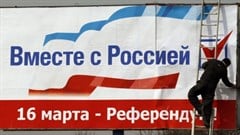The heroes of Dickens' Pickwick Papers visit the fictional borough of Eatanswill to observe an election between the candidates of the Blue Party and the Buff Party. The town is passionately divided, on all possible issues, between the two parties. Each party has its...
